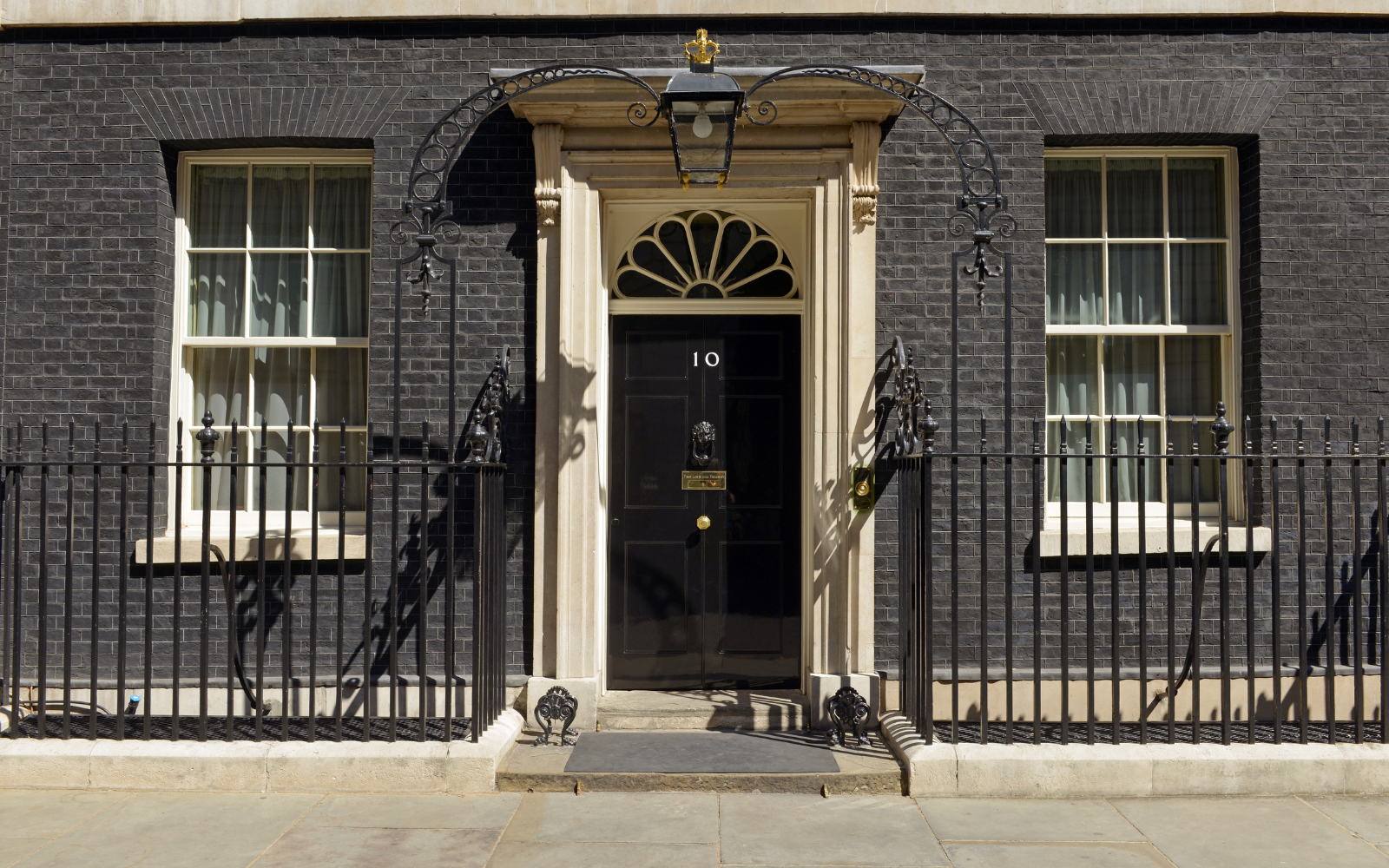
Autumn Budget 2024 – Our key summary and key highlights
Yesterday marked the first Labour budget in 14 years, and the first ever budget delivered by a female chancellor. Rachel Reeves made it clear throughout the budget that it was focused on growth and investment, with the aim of raising an additional £40bn via taxes.
There was a lot of speculation and concern which was largely driven by the media which didn’t turn out to be accurate in the end. As always, we like to unpick what’s been announced to keep you up to date with anything we believe might be relevant to you.
Pensions
There was much speculation about the reduction and even the removal of tax-free cash from pensions. We advised all clients to avoid speculation and wait until changes are announced which proved to be the right advice as the tax-free lump sum remained untouched.
Something which was expected was that pensions would be brought into the Inheritance Tax calculation upon death. From the 6th April 2027, most pension death benefits will be included in the estate for Inheritance Tax. This is only going to affect you if your estate (including pensions) is above the relevant thresholds. This means that couples with a main residence with everything passing to direct descendants and an estate below £2m can pass on up to £1m worth of assets free of Inheritance Tax.
It’s not clear currently how these changes to pensions will be implemented as a consultation has been opened by the government. We expect more detail to come out in due course around this, at which point we will provide more information.
One thing that was clear is that the pension scheme administrator will be responsible for paying the Inheritance Tax due via the pension scheme itself, rather than the personal representatives. Any pensions inherited by the spouse or civil partner will be free of Inheritance Tax.
Tax on death benefits is not new – it was only the changes in 2015 that allowed tax-free death benefits (up to the available lifetime allowance) to be paid where death occurred under age 75. While these changes are not reversing that, the inclusion of pension in the estate shows the new Government want pensions to be used for retirement provision and not wealth transfers.
It is important to note that despite pensions falling into the Inheritance Tax calculation, they remain one of the most tax efficient, if not the most tax efficient way to save for the future and we still firmly believe they form an important part of a financial plan.
Inheritance Tax
Following on from pensions, there was also speculation that Labour might increase the rate of Inheritance Tax. However, reliefs such as Business Property Relief and Agricultural Property Relief have been made less advantageous instead. Under previous rules, shares in a trading company not listed on a stock exchange and land and buildings used for farming purposes would benefit from Inheritance Tax exemptions. This has now been capped at £1m, with any value above this benefitting from a 50% reduction in Inheritance Tax at a rate of 20%, rather than 40% above available reliefs. This is due to come into effect from April 2026.
Shares listed on the Alternative Investment Market (AIM) will be now fall into the Inheritance Tax calculation, however a 50% reduction will also apply, so they will be taxed at 20%, rather than 40% above available reliefs. This is due to come into effect from April 2026.
The £325,000 Nil Rate Band and the £175,000 Residence Nil Rate Band have been frozen for an additional two years, meaning that they will remain the same until the 5th April 2030.
Capital Gains Tax
Capital Gains Tax going up was probably the most expected change due to be announced. Many expected Capital Gains Tax rates to be aligned with Income Tax rates (currently 20% for basic, 40% for higher, and 45% for additional rate taxpayers).
The £3,000 annual exempt amount, which is the amount of gains that are tax free, has been kept the same.
Prior to the budget, any Capital Gains realised above the £3,000 annual exempt amount, would be taxable at 10% for basic rate taxpayers and 20% for higher and additional rate taxpayers (there is an 8% surcharge on each in respect of residential property). Rachel Reeves announced that the basic rate would increase to 18% and the higher and additional rate to 24%, aligning them with residential property rates. This is much better than many expected given that many thought it would be aligned with income tax. It is also the lowest Capital Gains Tax rate across the G7.
For those disposing of a trading business, Business Asset Disposal Relief applies. This relief provides a special rate of CGT of 10% on disposals of business assets up to a lifetime allowance of £1 million. From the 6th April 2025, the rate of CGT will increase to 14% and from the 6th April 2026 to 18%, on disposals up to £1 million.
ISA’s
There have been no changes to ISA’s, other than the welcomed announcement that the British ISA will not go ahead.
Income Tax and National Insurance
There were no tax rises for workers, with Income Tax and National Insurance rates and thresholds remaining the same. It was also announced that the freeze on Income Tax and National Insurance thresholds would remain in place until 2028 as is already in place, and then the thresholds will increase by inflation thereafter.
It was announced however that employers national insurance rates would increase by 1.2% from 13.8% to 15%. Additionally, the point at which employers will start paying National Insurance, known as the Secondary Earnings Threshold, will fall from £9,100 to £5,000. These changes will happen from April 2025.
State pension
The triple lock has been guaranteed to remain in place for the remainder of this parliament, with an increase of 4.1% to the state pension from April next year. This means the maximum state pension will be £11,973 p.a. meaning it will remain tax-free.
Private school fees
As expected, 20% VAT will apply to private school fees from the 1st January 2025. However, many private schools have subsidised some of this increased cost.
Conclusion
We knew that there would be tax increases following on from Labour allegedly uncovering a £22bn blackhole in the government’s finances, so nothing particularly came as a surprise. The main point I would like to make is that there are two budgets a year, and you will be an investor for many decades and changes are bound to come and go. It’s important to work with a Financial Planner who can help you to navigate any changes as they come and go.
Take a look at our full Autumn Budget report
As always, our experts have gone through the announcement in detail and put together our Wealth Experts – Autumn Budget Report 2024 which sets out everything that was introduced by the Chancellor.

